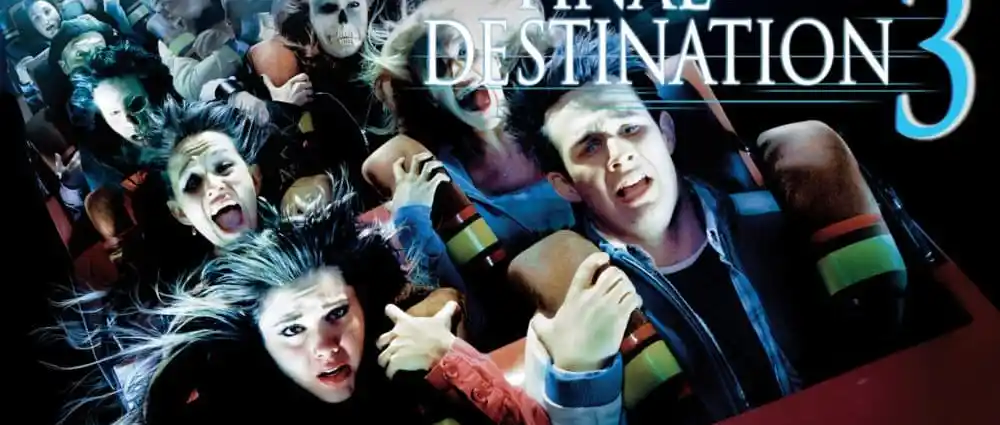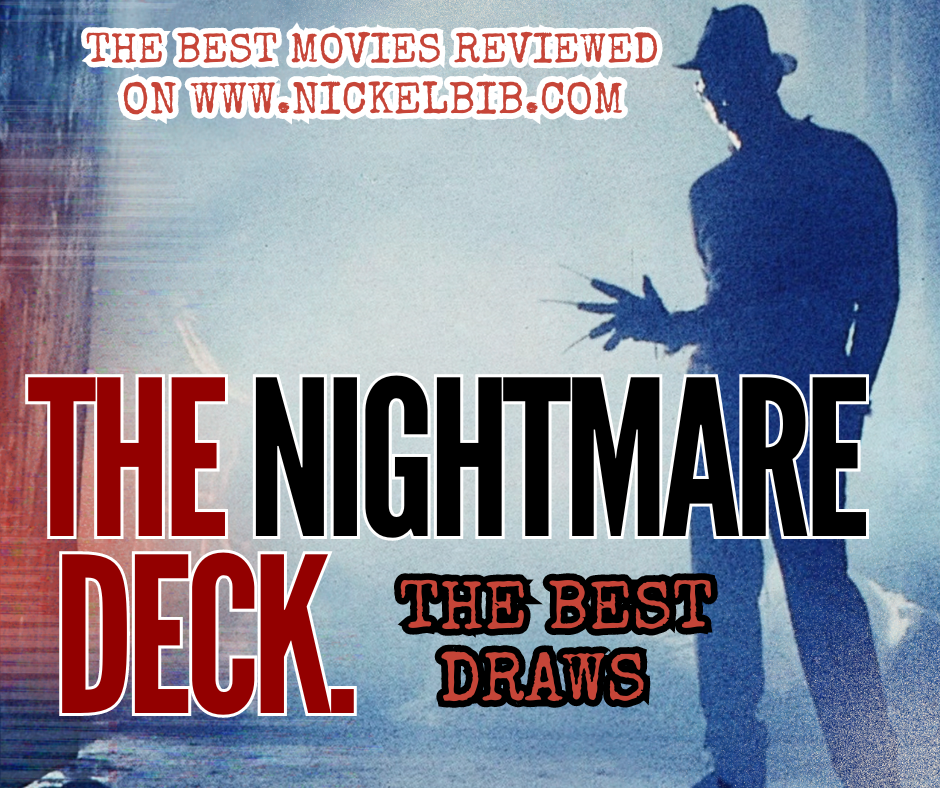Pearl Studio is a film production company I have had my eye on the last year or so. The CMC Capital Partners owned company was founded as a Chinese-American joint venture between DreamWorks Animation and Chinese investment companies, and honestly, I had a feeling we would be hearing a lot from them eventually.
Chinese government receives a lot of flack, all of it, if not more, deserved. When their marketplace is not bolstered by propaganda, I am interested in Chinese filmmakers and animators in general. With the release of the Chinese animated film Ne Zha and the box office success it attained by grossing over seven hundred million worldwide, it was highlighted what the Chinese film market was capable of. In a lot of ways, China has become one of the most important factors in mainstream filmmaking, with features like The Fast and the Furious series owing a lot of their revenue to the country.
Pearl Studio was an interesting idea, on paper, benefiting from its collaboration with the very successful DreamWorks Animation, it has the makings of its own animation juggernaut if the cards lay in their favor. You have seen them around – they did production work on DreamWorks features like How to Train your Dragon and even had a full co-production with DreamWorks for Kung Fu Panda 3 (then, they were credited as DreamWorks Oriental). Their most recent co-production, Abominable, was a modest success, both critically and at the box office, with the reaction being similar to the film we will be talking about now.
Over the Moon is a computer-animated musical fantasy film co-produced by Pearl and Netflix Animation, and, as you would surmise, is available to stream on Netflix. The film was directed by Glen Keane and co-directed by John Kahrs, from a screenplay by Audrey Wells, in collaboration with Alice Wu and Jennifer Yee McDevitt. If you don’t know Glen, well, … Glen’s the man, … or, …, Glen has a lot of credentials, either as a supervisor or a character animation, with this film serving as his feature length directorial debut. The film was dedicated in Audrey Wells’ honor, as she passed shortly before the film was released. The cast includes voice talent such as Cathy Ang, Phillipa Soo, Ken Jeong, John Cho, Ruthie Ann Miles, Margaret Cho, and Sandra Oh. In spite of what you might suspect, the film was intended for the English-language, and this is not a dubbed version. The character models are even loosely influenced by their voice counterparts, with me knowing it was John Cho before the animated character said a word.
The film follows a young girl who was dealt the unfortunate trauma of losing her mother, now, as her father tries to move on with his romantic life, she is understandably conflicted. In response, the resourceful child builds a rocket to the moon in a quest to prove the existence of a legendary moon goddess. If you are having trouble connecting what one has to do with the other – basically, in an old folklore, a woman named Chang’e took a potion for immortality that turned her into a goddess and sent her to the moon without her lover Houyi, and now, it is said she waits for him. It is all very sentimental and glossy, but it is established that our main character has an emotional connection with the story. She believes that by proving Chang’e was faithful for an eternity, it will keep her father from remarrying.
Over the Moon is a solid production by Pearl Studio, specifically, on a technical front. Although the animation does not hold a candle to the best of DreamWorks’ features nor would that be a fair expectation, it does hold some inspired imagery and memorable visuals to behold. It is not enough of a sample to say for certain, but I have noticed with other Chinese animated features, it seems the budget is usually spent mostly on the backend. White Snake, for instance, had decent at best animation, then, I felt it became very pronounced in the final stretch. I feel this film does that some as well, where the character models and background imagery feels livelier and more enthusiastic later on.
The story and characterization are satiable as well. However, if you went into this animated feature with an expectation of anything too different or unique from its American counterpart, I think you will be disappointed. Whereas Studio Ghibli fare in Japan, or, of course, anime altogether, has allowed Japanese culture a very distinct appeal, and the Irish company Cartoon Saloon, for instance, with The Secret of Kells and Song of the Sea, offer a truly different animation, China’s most successful forays in animation have felt heavily influenced by mainstream American animation. This is not a bad thing by any stretch. I love American animation, but, in exception to some instances, and occasional trailblazers like How to Train your Dragon or the Toy Story series, a lot of them can feel a little textbook. That’s how Over the Moon feels.
Over the Moon feels like an impression of a Disney film, following a similar template and abiding by the same basic story structure. You know where Over the Moon is headed, because you have been there before. You look at characters and think to yourself, “Hey, that reminds me of Olaf from Frozen,” or “That reminds me of the boy from Up,” and that is not accidental, but, rather, obedience to an established formula. Neither Disney nor western animation can claim ownership on themes of loss or acceptance, but that does not mean they have not mined that sadness for every last nugget.
In a lot of ways, this familiarity is a lot of the reason why I never watched Abominable, feeling like it was a freshman effort and a retooling of treaded story ideas, by a company still learning the ropes. In truth, that is what Over the Moon feels like – a company who has the visual technique down, but has not yet found its own voice or something unique to say for itself. The film shines brightest when it is allowed to implement Chinese culture and influence, something that is not often depicted in western animation.
Over the Moon is not a bad film. In comparison, I would say I enjoyed it more than the average animated film that I watch, and far more than the trailers I so often see for features like Free Birds, The Nutjob, or Rock Dog (another Chinese-American co-production), for instance.
I enjoyed it as a light heart distraction. I tend to review a lot of dark, dark stuff and, then, that’s also what I write about, so, it was a nice change of pace. I think your kids will enjoy it as well, if you’ve got them. It offers better, more skillful execution, but it is still guilty of the same crimes of repetition and retreading what has already been drawn or computer-generated prior.





